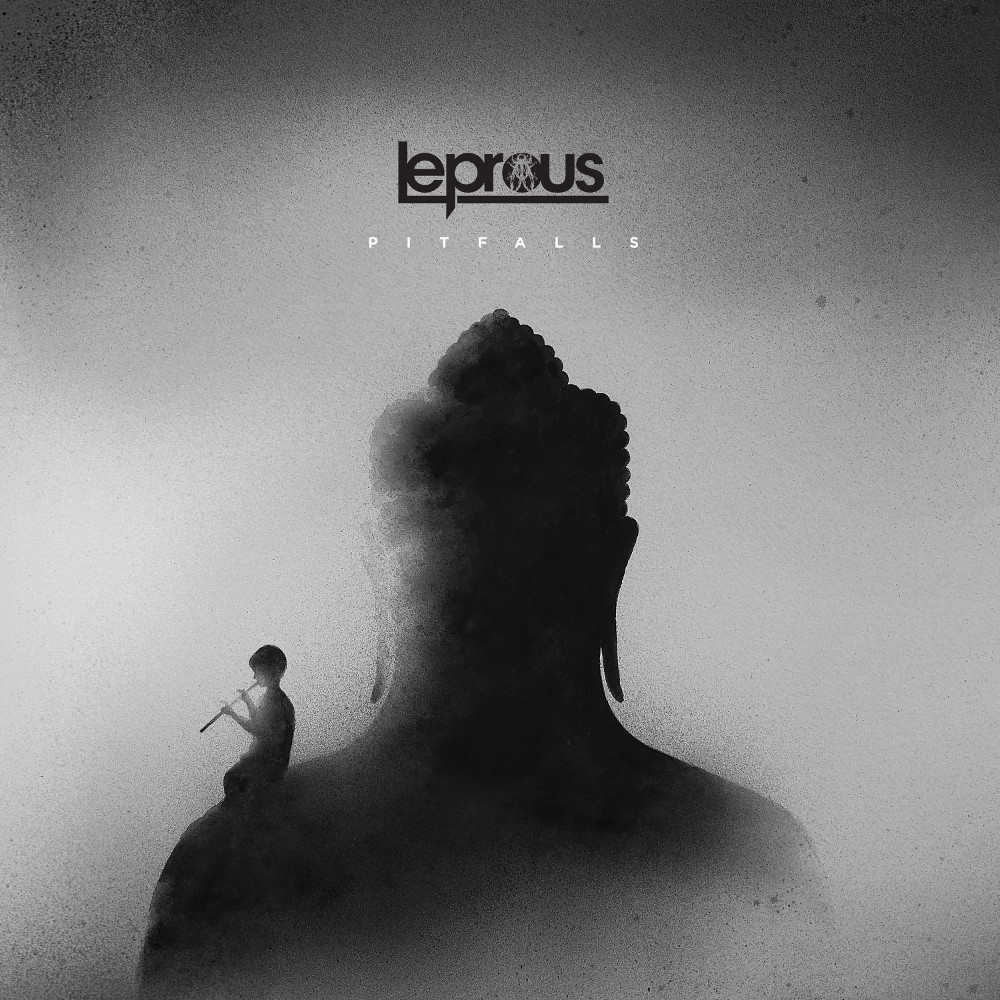 |
Country: Norway
Style: Progressive Rock
Rating: 7/10
Release Date: 25 Oct 2019
Sites: Facebook | Metal Archives | Official Website | Twitter | YouTube
Leprous are one of those bands that deliberately subvert genre, because they don't want to be limited by any particular style, which usually makes for an interesting experience. However, they're also one of those bands who follow their own musical path, which means that any new album may or may not be too close musically to its predecessor. That sort of thing often makes for a great career in hindsight but a frustrating time if you follow a band as it unfolds.
Case in point: they're usually described as progressive metal, as that's the style they played when they started out, but they've been moving firmly away from it with each release and this sixth studio album is frankly as far from it as they've got. For a while, they seems to have moved so far that it's an easy call to say that they aren't even prog rock any more, let alone metal. The influences in the early songs are from various styles of pop music, with rock music only starting to creep in halfway through.
For instance, Below starts out with synths, the strongest instrument on this album, and they give way to an even more dominant vocal that refuses to be a metal voice even when things get loud. The phrasing is much more like an R&B song, of the modern variety with little rhythm and no blues, and that's even more obvious when the drums get tinkly. I believe that the drums are what's changed the most in Leprous's sound over the years, because rhythm has moved more and more to electronica.
Below gets really interesting when the strings show up. There's a cello and a violin in there and repeat listens highlight how important they are to the success of the song. If they're a departure, I Lose Hope is even more so, as a funky song with a strong disco element. This is akin to the Bee Gees as a prog rock band for a while! It's a really catchy song though, as is Observe the Train, which feels like pop music put to a prog backing.
There's almost no music for a while, just tinkling bells and minimal drums, while the vocals drive all the melody. This could easily be covered by Kate Bush, who isn't miles away from Solberg's falsetto, though the most obvious comparison is to Supertramp, both in vocal approach and the rhyming section that seems borrowed from The Logical Song.
At this point, Pitfalls feels very much like an Einar Solberg solo album. That feeling lessens in later songs, but the rest of the band seem to be cut out of proceedings a lot more than usual. The majority of what we've heard thus far (and much of what we'll hear later) is keyboards and vocals, which is all Solberg's work.
It's By My Throne where the guitars really come out to play. This is still a rock album, it suggests. Sure, this song turns into Dead Can Dance, driven once more by the synths, but there are guitars. Alleviate finally kicks into a rock high gear with a minute to go. This is prog rock in a Radiohead vein, with epic emotional vocals from Solberg. There are glorious dynamics in this song and At the Bottom does the same at over twice the length.
The closest to the old school Leprous is the final track, The Sky is Red, an eleven minute epic which underlines how the album gradually heavies up. It's full of staccato guitar chords that aim to lead us into a specific state of mind the way that drone metal does.
I feel like I sound like I'm complaining about this and I'm really not. This is enticing stuff and it's certainly progressive in approach. Like prog rock ever needed a consistent instrumentation set? It's merely even further away from what old school Leprous fans might expect. Few bands have moved so far from their roots, especially in the modern era. It makes albums like this a draw for the open minded but a frustration for those who crave consistency.
There's a lot here and it's well worth exploring. It started to really come together for me on a third listen. You may or may not want to invest enough time to make it work for you, but patience does pay off in the end.


No comments:
Post a Comment